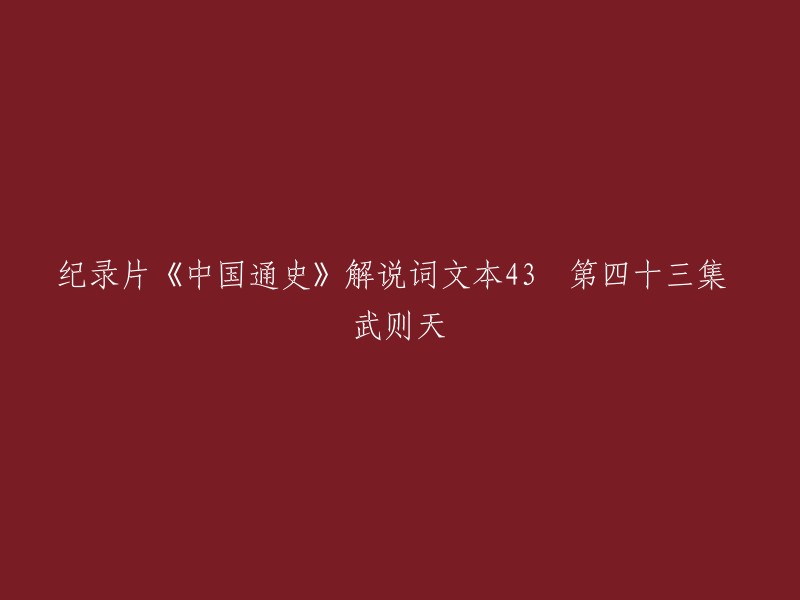very
adv. (副词)
In a high degree; extremely: 程度高;非常:
例句:
very happy; very much admired. 非常高兴;深受爱戴
Truly; absolutely: 真正地;完全地:
例句:
the very best advice; attended the very same schools. 最好的建议;在同一所的学校上学
Very Abbr. v. Used in titles: 用于称谓:
例句:
the Very Reverend Jane Smith. 受人尊敬的简·史密斯
adj. (形容词) ver.i.er, ver.i.est Complete; absolute: 完整的;绝对的:
例句: at the very end of his career; the very opposite. 在他职业生涯的最未期;正对面 Being the identical one; selfsame: 一样的;同一的:
例句:
the very question she asked yesterday.See Synonyms at same 她昨天问的同一个问题参见 same Used to emphasize the importance of the thing named: 最大程度的:用来强调所指示的东西的重要性的:
例句:
The very essence of artistic expression is invention.(Irving R. Kaufman) 文学措辞的最重要精华就是创意。(欧文R.考夫曼) Being particularly suitable or appropriate: 正是那个的:特别适合或者恰当的:
例句: the very item needed to increase sales. 恰需要增大销量的那个项目 Being precisely as stated: 恰好的,非常适当的:
例句: the very center of town. 城镇的中心 Mere: 仅仅的:
例句: The very thought is frightening. 光是想就令人害怕
"Caught in the very act of stealing."
"She approached, like very sanctity. (Shakespeare)"
"Verrai" is a Middle English word that translates to "true." The term was derived from Old French "verai," which came from Vulgar Latin "vôr3cus," and ultimately from Latin "vôr3x vôr3c-," which means "real." In general usage, "very" is not used alone to modify a past participle, and many past participle forms do not double as adjectives. However, it is acceptable to modify them by a bare "very," or by analogous adverbs such as "quite." This allows phrases such as "a very creased handkerchief," "a very celebrated singer," and "a very polished performance."
在某些情况下,人们对于一个特定的分词是否能恰当地用作形容词存在分歧。多年来,对于将"very"与"delighted"、"interested"、"annoyed"、"pleased"、"disappointed"和"irritated"等词单独结合使用表示强烈的情感存在异议。然而,所有这些词汇现在已被认为是形容词,如它们可以作为定语修饰名词的用法所示(例如:a delighted audience,执着的观众;a pleased look,满意的神情;等等)。
尽管如此,许多过去分词具有形容词的双重功能,仅用"very"或类似的副词(如"quite"),对它们的进行限定是可以接受的。这在一些特定的短语中是被普遍接受的,如:a very creased handkerchief(特别皱的手帕)、a very celebrated singer(很知名的歌手)和a very polished performance(优美的演出)。
总之,有些过去的分词在用作形容词时可能会引发争议,但随着时间的推移,这些词汇已经被确认为形容词。在实际应用中,我们可以根据语境和表达意图来判断何时使用这些分词作为形容词。
高兴的表情,
例句:
a disappointed young man (一个失望的年轻人)
垂头丧气的年轻人),
以及其他语法标准。然而,其他分词的地位仍在变化中。有些人接受诸如“非常欣赏的”、“非常惊讶的”等短语,而另一些人则偏爱使用“非常”。此外,有些分词在某种意义上可以作为形容词使用,但在另一种意义上则不行:例如,我们可以谈论一个“非常膨胀的名声”,但通常不会说一个“非常膨胀的气球”。因此,没有确切的方法可以确定哪些分词可以通过裸露的“非常”来修饰——像使用分词作为定语形容词这样的语法测试对于不同的说话者和作者来说会得出不同的判断——他们必须依赖自己的听力。当不确定时,通常使用“非常”更为安全。
也可以由其它句法标准衡量。但是其它分词的位置还仍旧在变动,一些人同意例如
very appreciated, very astonished(非常欣赏的,非常惊讶的)
或者
very heartened(极受鼓舞的)
very much (非常的)
以下是重构后的内容:
在英语中,分词可以作为形容词或副词使用。有些分词只允许在某些意义上用作形容词,而不能用在其他意义上。例如,一个人可以说“a very inflated reputation”(很好的名誉),但一般不说“a very inflated balloon”(很鼓的气球)。这样一来,就很难辨别哪一个分词能只用very修饰。句法测验,例如作为一个定语形容词的分词用法,对于不同的说话者能产生不同的判断。因此,作者必须相信他们的耳朵。当有疑问时,very much的用法通常是一个比较安全的选择。






